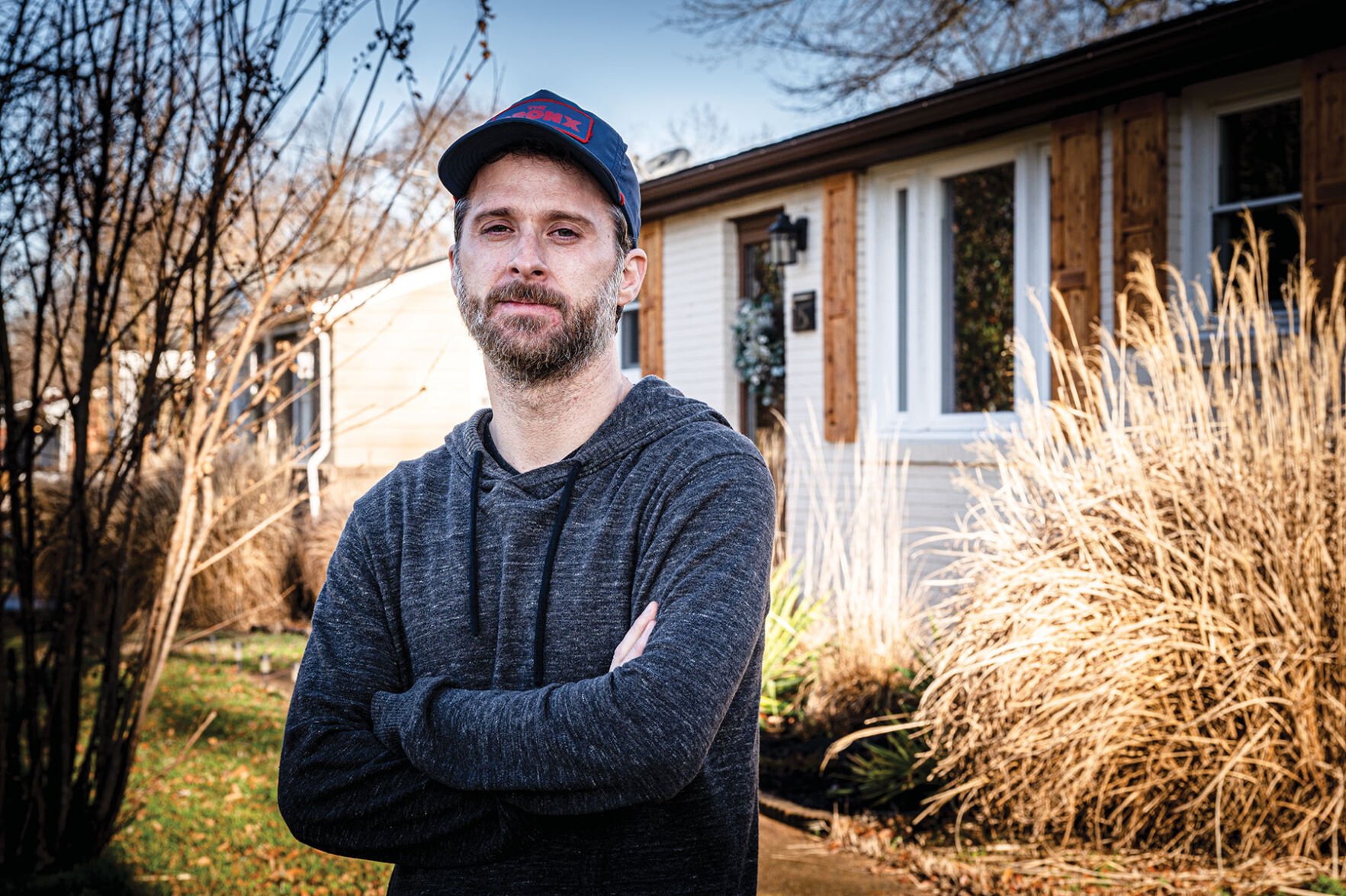
Josh Rank has lived in the Rayon City neighborhood of Old Hickory for four years. Late last year, the Nashville-based construction company Jones Bros LLC applied for a permit to operate a hot-mix asphalt plant about a mile from his house.
“An asphalt plant would ruin everything great about living in this area,” Rank says. “I love sitting outside. Our property is surrounded by trees. There’s barely any traffic in our neighborhood compared to the rest of Nashville. An asphalt plant would take the ability to enjoy the outdoors away from us.”
Rank is part of a group of citizens organizing in Old Hickory to block the plant. Residents hope to stop the permit by going through the Metro Public Health Department. They’ve sent numerous letters to John Finke, director of the department’s Air Pollution Control Division. “John Finke responded to us and said that the most comments he’d ever received on a project over his 25 years on the job had been 104, and we sent him almost 500,” says Rank.
Old Hickory has been the site of contentious debate over nearby industrial sites before. In 2017, neighbors complained about odors and potential health risks from the Hoover asphalt plant, which eventually closed. And in 2015, residents mobilized against a quarry close to Old Hickory Beach.
That quarry did end up in Old Hickory, but not before Metro Councilmember Larry Hagar — whose District 11 contains Old Hickory — passed legislation that he refers to as the “buffer bill.” The legislation sets zoning restrictions for the operation of asphalt plants in the Nashville Metro area, including a rule that “no asphalt plant activity shall occur within 1,250 feet of a residential structure or within 2,000 feet of the property line of a park or community education facility.”

Josh Rank
Hagar’s buffer bill became law in 2015, and he says it could block the development of the new asphalt plant because of its proximity to Old Hickory Beach Park. Currently, he’s working with lawyers to see whether the permit is in violation of the buffer bill, or whether the plant would be “grandfathered in” because of the previous asphalt plant at the same location. If Jones Bros receives its permit, Hagar says the plant would be within 1,600 feet of residential property — close, but not quite close enough to break the 1,250-foot barrier laid out in Hagar’s bill.
The asphalt plant’s proposed location is zoned industrial restrictive, which usually covers an array of indoor manufacturing uses. A company previously approached Hagar about building a recycling center on the site, designed to create roofing material from waste. “The problem with that is, you’re bringing loads of trash and waste to the area, and the way they recycle it, they only use about half of it,” Hagar says. “It’s a good idea, but we didn’t want to bring all that trash over there. I didn’t want that, and I know the people didn’t want that.” Hagar says the company ultimately decided to put the plant in Indiana.
“I told them that Old Hickory is kind of tired of people coming over there and dumping on us,” he says.
Rank says that beyond the smell, residents worry about health risks and the impact on local wildlife. “There’s no good argument to put an asphalt plant in the middle of a community and next to an area used by families to hike, swim and enjoy the outdoors,” he says.
“Jones Bros is a massive company that does business in 12 states,” says Rank. “They could easily open an asphalt plant far away from a neighborhood. They only chose this location because it would be much cheaper for them to start production, and they assumed the city would roll over and let them do whatever they want.”
Jones Bros LLC declined to comment on their plans for the plant.





